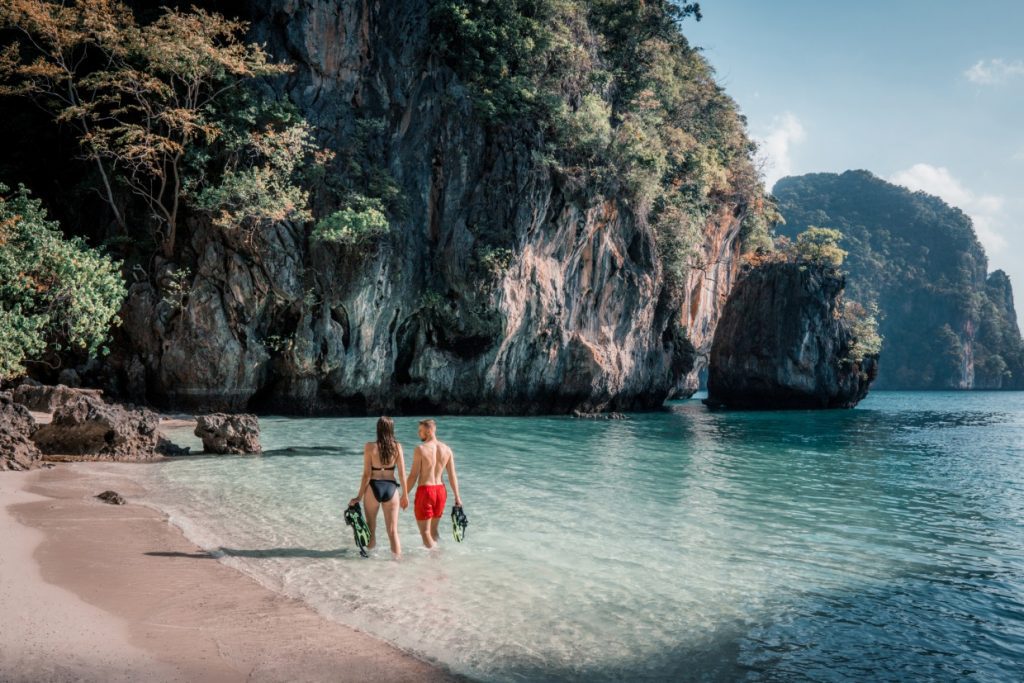Asian Resorts Drive Forward in Being Green

Skift Take
Beyond the glare of overdevelopment, Asia’s resorts want to be a pioneer of the sustainability movement. Here’s how they say they will do that.
Asian resort chains claiming sustainability is their core value must be feeling chuffed these days as the travel industry worldwide faces greater scrutiny.
Brands that prospered and grew in Asia, such as Six Senses, Banyan Tree, Como, and Amanresorts, are pushing to be way ahead in eliminating single-use plastics, reducing waste, giving back to communities, promoting ecotourism, and all the other areas of do-good tourism.
This fact is often forgotten in the glare of massive hotel development in the region and its associated problems such as congestion, pollution, and tourist safety.
Six Senses, as our report below shows, is getting rid of plastics completely and is likely the only chain globally that requires owners to set aside a percentage of revenue toward a sustainability fund.
Phuket is leading a new movement for Asia’s tourism islands to be more sustainable. No wonder. Phuket is the most densely populated destination in the world, with 5,090 tourists per square mile, according to a just-released
